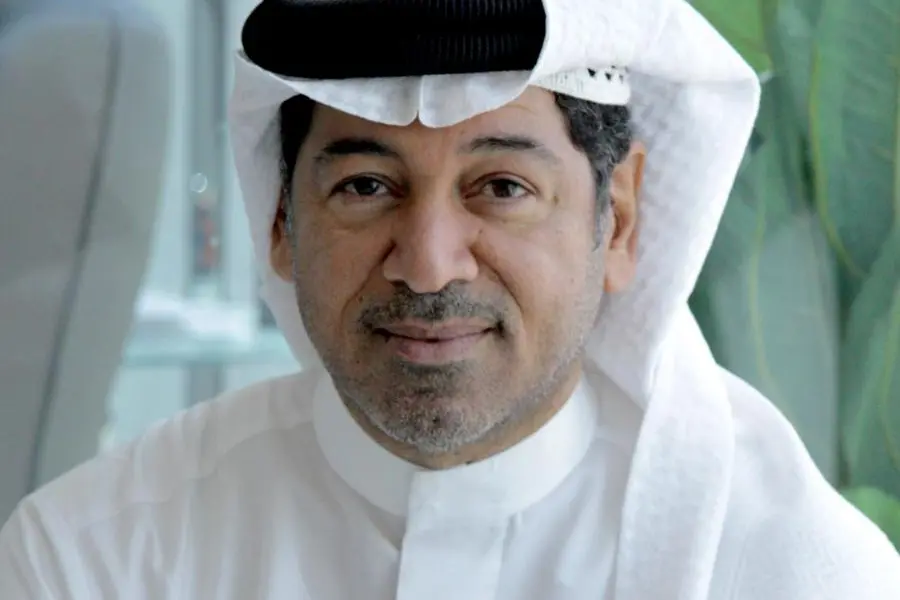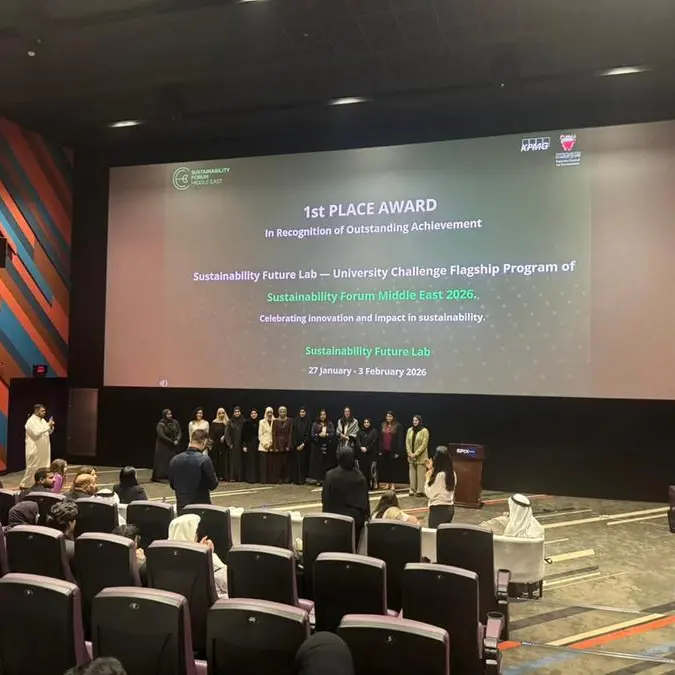PHOTO
Manama, Bahrain: Do actuarial assumptions and their application impact or dictate investment policies for pension funds? And as the world gradually moves into the post-pandemic phase, where and in which assets should investments be directed? What is the impact of the ever-increasing inflation on pension funds’ returns? What is the impact of the current war in Europe on capital markets and the global investment environment? These are some of the headlines covered by the sessions of the second day of the 6th Arab Pension & Social Insurance Conference, which are devoted to investment which is the engine of growth and sustainability for pension funds.
Mr. Ebrahim K Ebrahim, Conference Chairman, said investment management is a main pillar in managing pension funds, which are globally considered among the largest investors and synonymous with states’ sovereign funds.
Following the gradual exit from the pandemic that ravaged global economies, geopolitics is returning to the agenda of many institutional investors with financial assets, including pension funds, which requires investment managers to do more scrutiny on portfolios and long-term investment opportunities in an environment characterized by global economic and political tensions and a war raging in Europe.
He mentioned that in the last ten years, there has been an increase in the need for awareness of environmental, social and governance (ESG) issues in the global investment public opinion and the asset management industry. Hence, there will be a session dedicated to this topic, looking at how boards of directors and investment executives at social insurance organisations are adopting this culture, and how ESG criteria may guide investment decisions by these institutions.
One of the most important sessions of the second day is the question: To what extent should pension funds seek higher yield? This session reviews the design of investment policies for pension funds between two schools of thought. The first believes that pension funds should be conservative and defensive when it comes to “searching for yield” to avoid risking the funds that they manage for the future retirement of their subscribers; while the second school believes that alternative investments (beyond traditional bonds and stocks) created opportunities for pension funds that made them safer, because they generated higher returns that enhanced their ability to fulfill their liabilities and improve funding levels.
“Therefore, according to the second school, infrastructure projects and private assets need to be integrated in the asset allocation of pension funds, in order to diversify portfolios and enhance returns,” he explained.
As some Arab pension funds enter their ninth decade of social insurance services, this session will also explore some of the lessons learned from investment management in previous decades, and to what extent we have learned lessons from the past, and what the next thirty years can bring us.
In addition to the investment entities of Arab pension funds, the conference will be attended by executives from AON, SSGA, BlackRock, Franklin Templeton, Islamic Development Bank, the former CEO of “Al-Raeda”, the investment arm of the General Organisation of Social Insurance in Saudi Arabia, and some members from the Egyptian Federation of Investors Associations.
The conference will be hosted in Sharm El Sheikh, Egypt, on 28th and 29th September 2022, registration is available on this link: events.fintechrobos.com




















